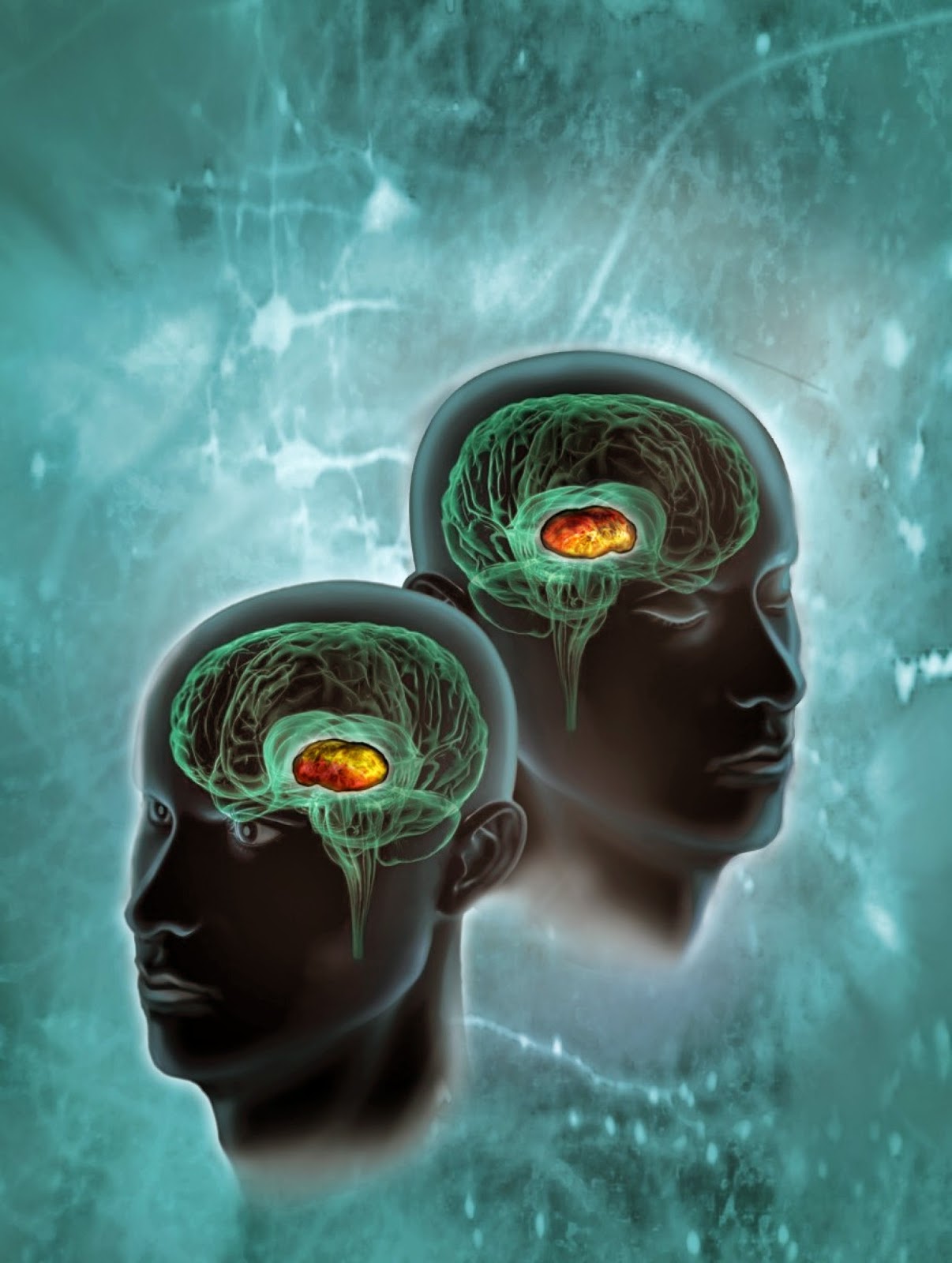Time to Sleep
Our lives are constantly bombarded
with desire. A child’s life is filled with cartoons, friends and games. An
adult’s life is filled with romance, school, and work. Growing up children are
constantly reminded when to go to bed and how much sleep they need for school
the next morning. Too often these desires cause us to forget the importance of
sleep especially in keeping a healthy brain. What neuronal processes are active
during sleep and the transference between the conscious and unconscious is a
major topic of research.
It
is truly amazing to think how many hours in an entire lifetime are spent
sleeping. In Daniel Bor’s book, The
Ravenous Brain: How the new science of consciousness explains our instatiable
search for meaning, he explains that sleep is the necessary evil in having
a superior conscious, as humans do. Sleep is very important in learning and
memory, yet true learning is known to only occur in a conscious state. As
conscious beings, our awareness and focus allows us to categorize and take in a
multitude of information. This categorization is known as chunking. Chunking is necessary as our working memory
can only hold four items of information at a time. This chunking is possible
because being conscious causes people to continually search for patterns. Working
memory and this whole process of taking in information can be hampered with a
lack of sleep. Learning is most effective with sleep. Sleep helps to
consolidate what was learned, so more information processing can occur. In theory,
during the unconscious state in sleep-learning cannot occur. The ability to
form patterns through information processing has lead to history changing
revelations. Sleep depredation can give us a glimpse at what a mental disorder
is like. It can lead to irritableness, anxiety, and difficulties on uncovering
true patterns in information processing. As a species we cannot survive for
long without sleeping.
The
brain needs time to reset after taking in copious amounts of information. But
what actually happens when we sleep? Are we still processing information
learned throughout the day? If music or sounds are played in the background do
we understand what is going on? Or does the conscious processing portions of
the brain just completely shut of in order to rejuvenate?
Thomas
Andrillon, a PhD student, and Sid Kouider, Chief Research Scientist, from Ecole Normale Supérieure de Paris sought
to answer some of these questions about how stimuli from the environment affect
the brain while sleeping. Habitual activities, as Bor mentioned, can be moved
to the unconscious to make more room in the consciousness. This automation can
be fast. Andrillon and Kouider set up an experiment to see the effects of a
developed habitual activity during sleep. They had people categorize a sequence
of words by clicking on buttons on the left or right. After a period of time
the participants were allowed to sleep while being monitored with and EEG. They
saw that the participants’ neurons were still firing as if formulating
responses to the words being played out loud. When the participants woke up
they did not remember the words in their sleep. Neuronal activity was activated
due to external stimuli and decisions were made.
This recent study has the potential
to bring forth more research as to what our brain does while we are sleeping or
unconscious. Learning is known to occur in the conscious, yet this study begs
the question that subconscious leaning can occur while asleep. If we can
uncover the mechanisms as to what processing occurs during sleep, we may be
able to understand the transference from consciousness to unconsciousness. Through
this understanding we could possibly enhance the quality of sleep and be able
to consolidate more of the learned knowledge from our conscious self-leading to
even more innovations. In order to work efficiently as a human being sleep is
not only necessary but also essential.
Andrillon,
T., & Couider, S. (2014, September 17). Brains can make decisions while we
sleep--here they are in action. Retrieved October 17, 2014, from http://theconversation.com/brains-can-make-decisions-while-we-sleep-here-they-are-in-action-31716
Bor, Daniel. The
Ravenous Brain: How the New Science of Conscousness Explains Our Insatiable
Search for Meaning. New York: Basic, 2012. Print.


Quite often, the host personality is completely unaware of the existence of other alters until presented with them during meditation. Hosts may sometimes be facades put up by a group of cooperating alters.
ReplyDeleteilchi lee chakra healing